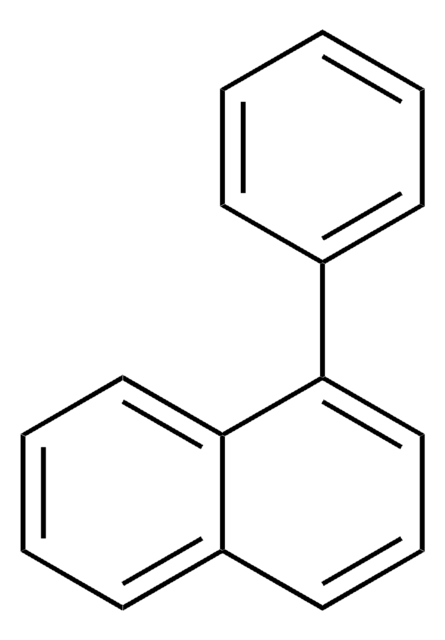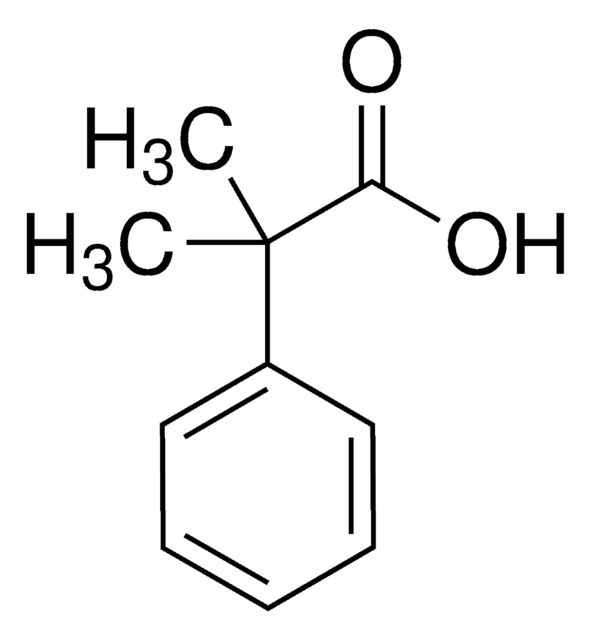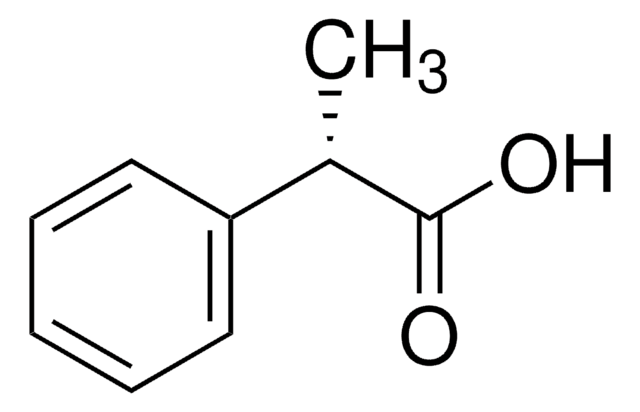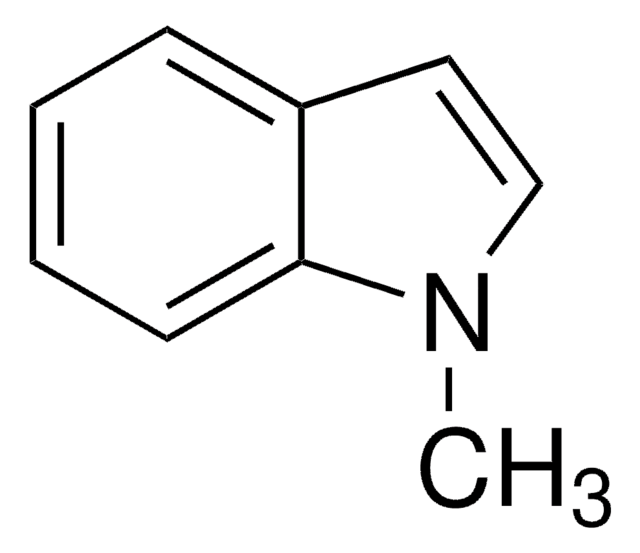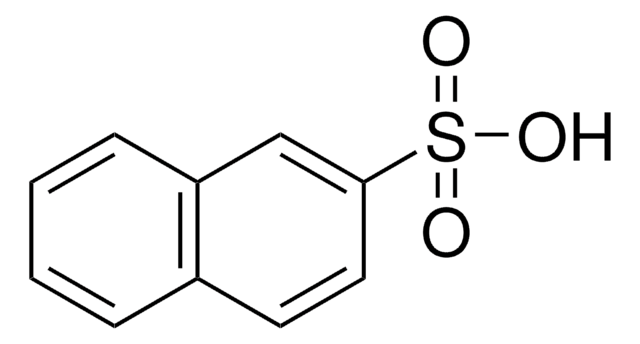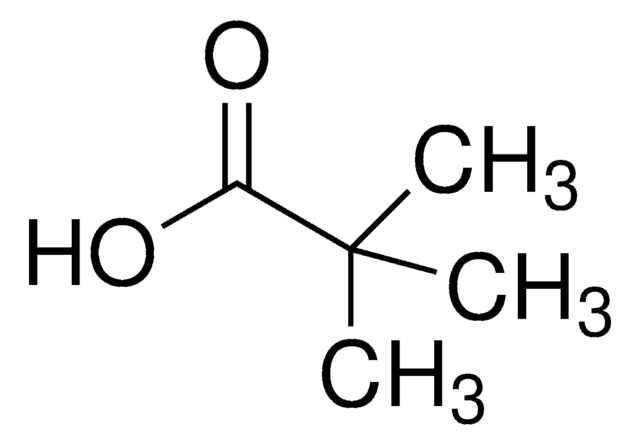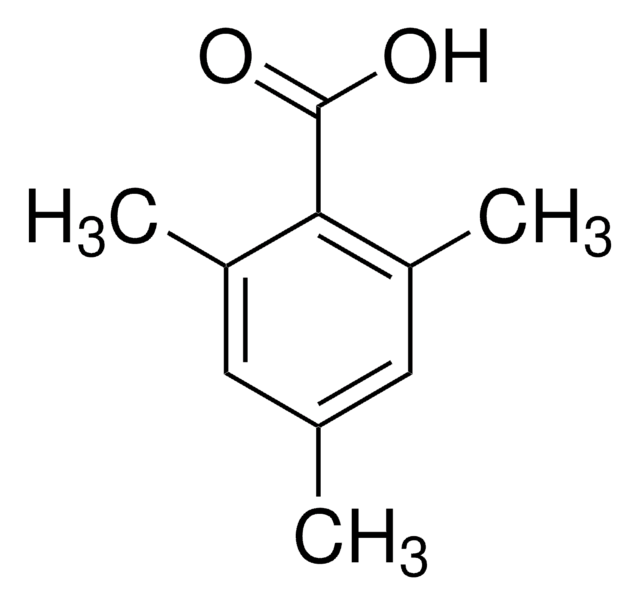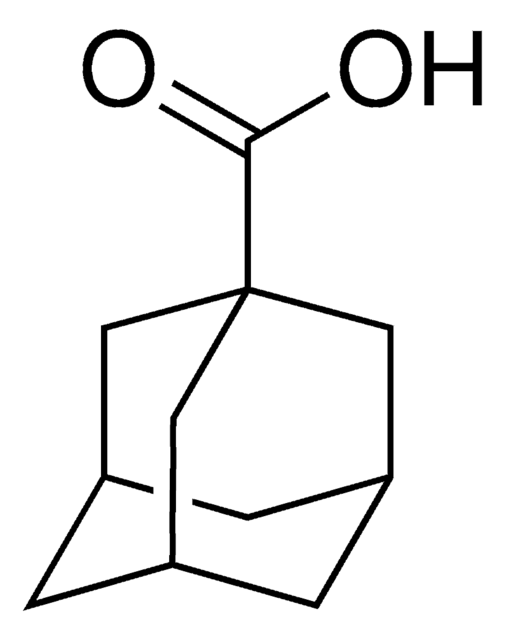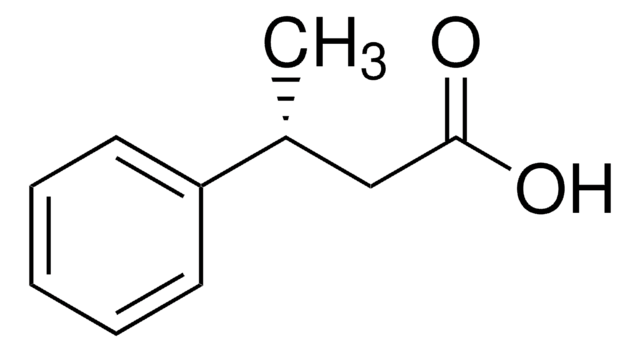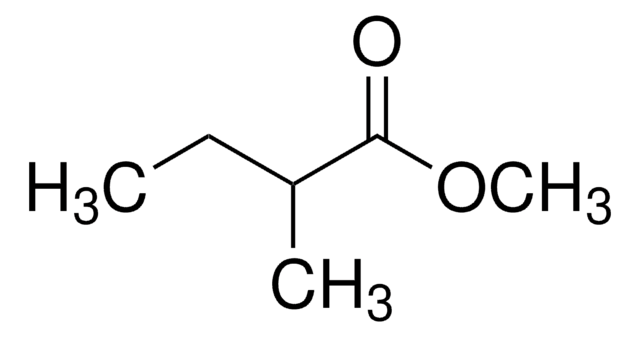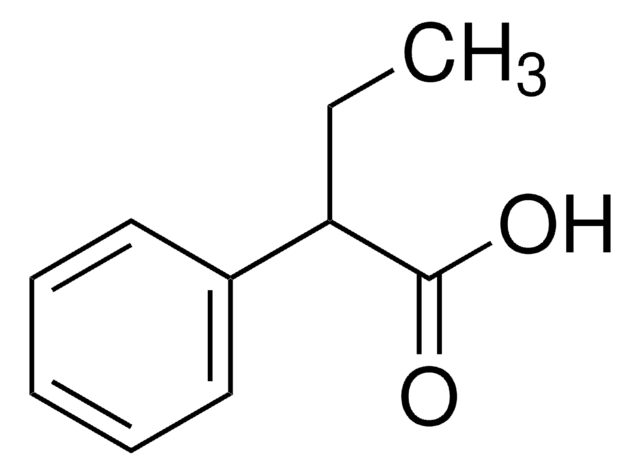P31701
2-Phenylpropionic acid
97%
Synonym(s):
(±)-2-Phenylpropionic acid, (±)-Hydratropic acid
Sign Into View Organizational & Contract Pricing
All Photos(1)
About This Item
Linear Formula:
CH3CH(C6H5)CO2H
CAS Number:
Molecular Weight:
150.17
Beilstein:
1863558
EC Number:
MDL number:
UNSPSC Code:
12352100
PubChem Substance ID:
NACRES:
NA.22
Recommended Products
Assay
97%
refractive index
n20/D 1.522 (lit.)
bp
260-262 °C (lit.)
density
1.1 g/mL at 25 °C (lit.)
SMILES string
CC(C(O)=O)c1ccccc1
InChI
1S/C9H10O2/c1-7(9(10)11)8-5-3-2-4-6-8/h2-7H,1H3,(H,10,11)
InChI key
YPGCWEMNNLXISK-UHFFFAOYSA-N
Gene Information
human ... IL8RA(3577)
Looking for similar products? Visit Product Comparison Guide
Related Categories
Signal Word
Danger
Hazard Statements
Precautionary Statements
Hazard Classifications
Eye Dam. 1 - Skin Corr. 1B
Storage Class Code
8A - Combustible corrosive hazardous materials
WGK
WGK 3
Flash Point(F)
298.4 °F
Flash Point(C)
148 °C
Personal Protective Equipment
dust mask type N95 (US), Eyeshields, Gloves
Choose from one of the most recent versions:
Already Own This Product?
Find documentation for the products that you have recently purchased in the Document Library.
Customers Also Viewed
Ekaterina Chernevskaya et al.
Critical care (London, England), 24(1), 312-312 (2020-06-10)
High serum levels of certain aromatic microbial metabolites (AMM) are associated with severity and mortality in critically ill patients. Omics-based studies suggest gut dysbiosis and reduced microbiome diversity in critical conditions. However, the landscape of gut microbial metabolites is still
Lina Sagert et al.
eLife, 9 (2020-03-14)
Adaptive immunity vitally depends on major histocompatibility complex class I (MHC I) molecules loaded with peptides. Selective loading of peptides onto MHC I, referred to as peptide editing, is catalyzed by tapasin and the tapasin-related TAPBPR. An important catalytic role
T Yamaguchi et al.
Drug metabolism and disposition: the biological fate of chemicals, 15(4), 535-539 (1987-07-01)
The contribution of the liver and kidney to the optical isomerization of (R)-(-)-2-phenylpropionic acid (hydratropic acid (HTA] was examined by iv injection of racemic HTA (20 mg/kg) to nephrectomized and bile duct-ligated rats (NEBL-rats), eviscerated rats with nonfunctioning livers (EVIS-rats)
Chunze Li et al.
Chemical research in toxicology, 15(10), 1309-1317 (2002-10-22)
Chemically reactive species formed from the metabolism of carboxylic acid-containing compounds have been proposed as mediators of their toxic side-effects. Two alternative metabolic pathways known to be involved in the generation of reactive acylating metabolites of carboxylic acids are acyl
A J Hutt et al.
Chirality, 5(8), 596-601 (1993-01-01)
The metabolism of (R,S)-ibuprofen has been investigated in 24 microbial cultures. Of these Cunninghamella elegans, Mucor hiemalis, and Verticillium lecanii catalyzed the oxidation of the drug to 2-[4-(2-hydroxy-2-methylpropyl)phenyl]propionic acid, a known mammalian metabolite. The extent of metabolism was greatest with
Chromatograms
application for HPLCOur team of scientists has experience in all areas of research including Life Science, Material Science, Chemical Synthesis, Chromatography, Analytical and many others.
Contact Technical Service